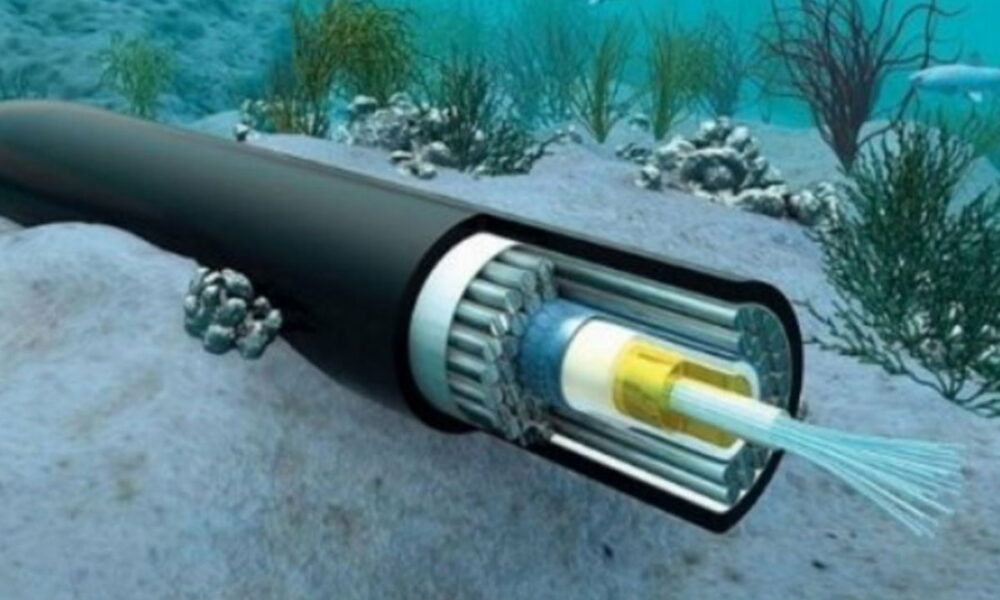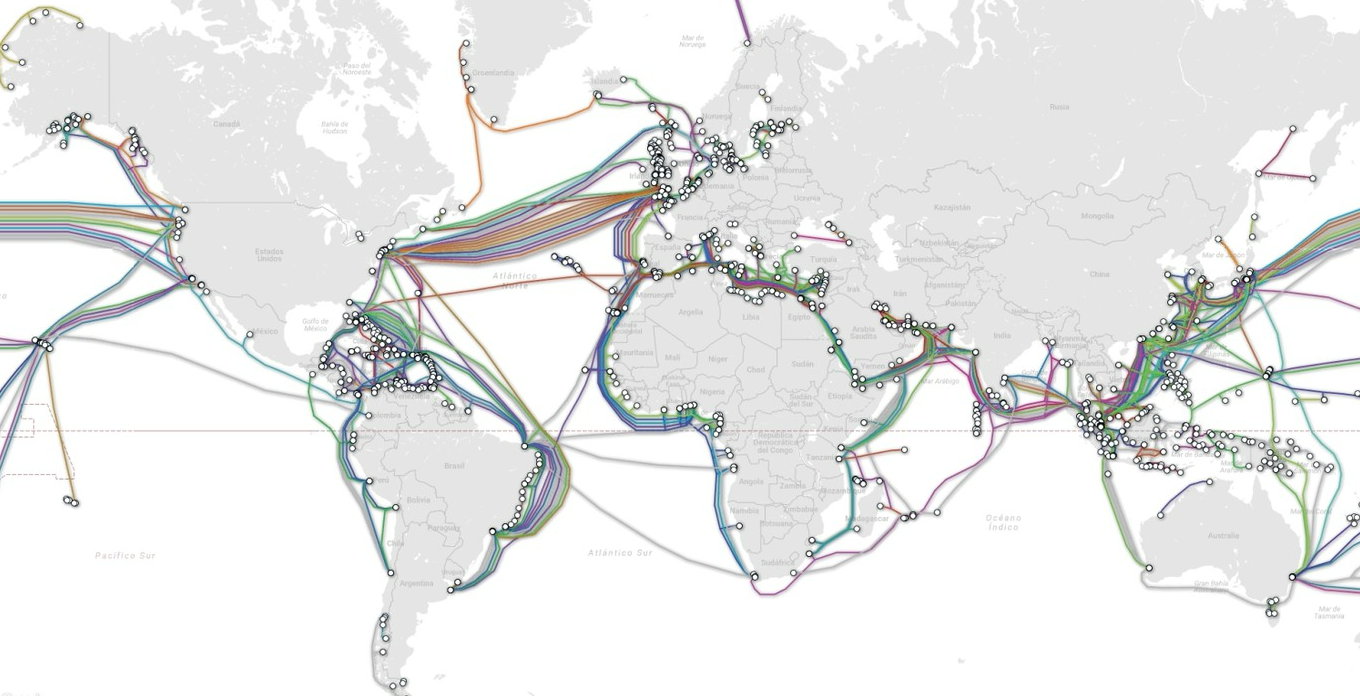
Submarine Internet cables are critical infrastructure on which the activity of the world we know depends. In recent months, since the Russian invasion of Ukraine, an increase in the traffic of Russian vessels has been detected near these large data cables and there have been some unusual failures in them that invite suspicion that they could be another target. to pressure the West.
The investigations carried out around the incidents of the Nord Stream gas pipelines, with four leaks at the same time at different points, confirm, in case there was any doubt, that it was sabotage. The implications surrounding the war in Ukraine and therefore Russia’s “energy war” against the West, as pressure to abandon Ukraine to its fate, are capital. Could submarine Internet cables be sabotaged in the same way?
Submarine fiber optic cables are the basis of the global telecommunications network. They are a much more robust and reliable solution than orbiting satellites as they offer much higher latency and bandwidth performance. They are essential for access to the Internet and its services on which today’s world is based and cover tens of thousands of kilometers across all the seabeds of oceans and seas. It is obvious that their control is key and at the same time almost impossible due to the number of them and the distance they cover.
Unusual failures in submarine Internet cables
Last Friday, the BBC reported the break in a submarine cable that connects the Shetland Islands with the Scottish mainland, causing cuts in telephone, broadband and mobile services. The incident adds to another from the previous week where the one connecting the Faroe Islands and Shetland was damaged. It is not known if it was an accidental issue, but the failures accumulate in a worrying succession if – as some experts suspect – they are related to the war in Ukraine.
Last week cuts in cables connecting Asia, Europe and the United States were detected in the south of France. The causes are not known either, but the Minister of the French Armed Forces has already warned that the submarine Internet cables could be “target of nations tempted to destroy them”. The Secretary General of NATO, before the war in Ukraine, defined these cables as “critical infrastructures”since not only the Internet, but also the financial markets and even military capabilities depend on them.
In Spain, the military surveillance system for territorial waters of the Naval Operations, Surveillance and Maritime Action Center (COVAM), has detected an increase in the activity of Russian “pescadatos” ships. They are spy ships camouflaged as fishing or scientific vessels that have the objective of capturing the digital traffic that passes through them and thus make a complete map of their route.
It must be remembered that Spain has 8,000 kilometers of coastline. 80% of all foreign trade is carried out in ports and 90% of foreign energy supply is received. Its strategic location makes it a key maritime region for receiving transoceanic cables and, furthermore, 94% of cable Internet traffic to and from Spain is carried out underwater.
In addition to the thousands of deaths and injuries, the war in Ukraine threatens the global economy and a recovery that was beginning to show as we overcome the pandemic. Sabotage in critical infrastructure is another point of concern. If in the 21st century wars are not only fought on the ground and cyberspace is a vital zone, the submarine cables of the Internet are an essential infrastructure that could well become a target for Russia. The consequences of a digital outage or blackout are unpredictable in a world that depends on them.




